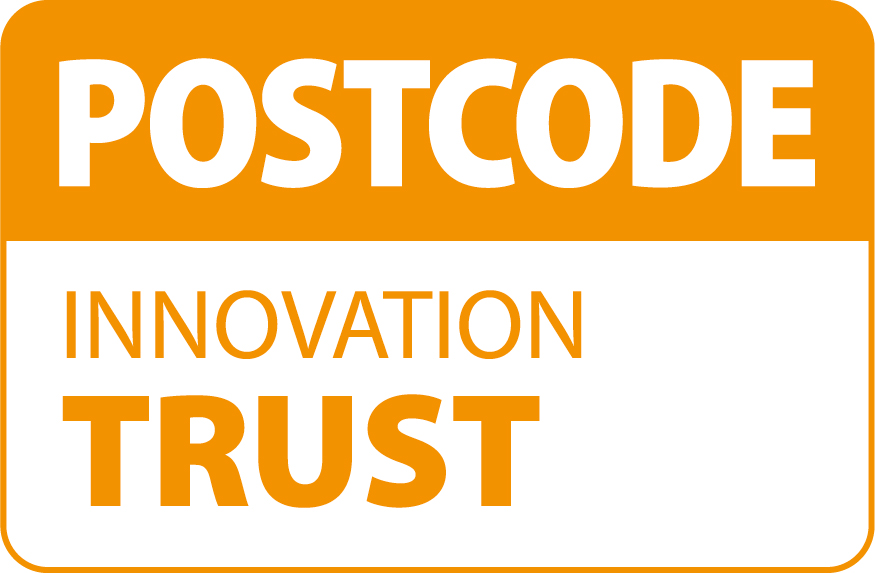
Urban Biodiversity
Urban Biodiversity is a not for profit social enterprise that aims to reduce social deprivation by developing urban sites into places that offer community benefit and a fair chance for all. Working with local communities they aim to create high quality, low impact, environmental urban spaces that provide social inclusion, environmental education, training and employability opportunities, food security and community events. Their designs and activities empower local communities with the skills and opportunities to improve their surroundings for the betterment of their health and wellbeing, and for the enhancement of their natural environment.
Their core aim is to develop Newquay Community Orchard into a thriving community hub, run by the community for the community.

They work predominantly with people with depression, anxiety and social isolation, providing a space where they can escape the pressures of everyday life, reset, and get themselves back on track, with support, in their own time.
They use Community Volunteering as a mechanism for social prescribing, instilling shared values through the creation of a collective. When people work together towards a common goal, in this case the creation of a community hub, then the sense of togetherness, pride and ownership is greatly enhanced. The relationships and friendships forged through this process far outweigh any support that could be provided. It provides a rich and diverse supporting environment, with people from all walks of life.

Urban Biodiversity will use funds awarded thanks to Players of the People's Postcode Lottery, through the Postcode Innovation Trust, to develop and finish their community centre, Kowel Gwenen (The Beehive), which is part of the Newquay Community Orchard. This project has been in development for 5 years, based on a long period of engagement which has demonstrated both the need for high impact programmes that benefit the local community.
The Community centre is crucial to the successful expansion of Urban Biodiversity’s social prescribing programmes. The number of referrals to have increased over the last 4 years, from 80 in year 1 to 240 this year, a 300% rise. With the addition of Kowel Gwenen, this is set to increase by a further 50% to 360 annually in 4-5 years. The new facility will make activities more accessible and inclusive and allow them to develop a wide range of partnerships with local organisations who can help provide a well rounded provision.
Visit their website here: https://www.urbanbiodiversity.co.uk/
